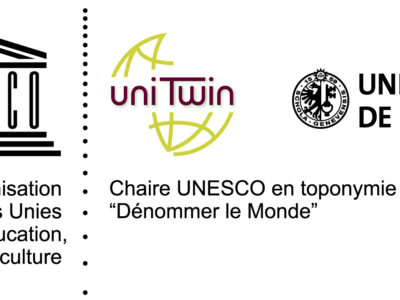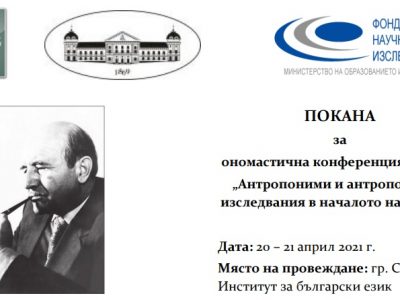Name of the Month: Pisa
PISA
The name of the month for our Congress is short and quite difficult. Pisa is a name of pre-Roman, and possibly even pre-Etruscan, origin about which nothing can be said with certainty. It is remarkable that its name has remained almost unchanged through all the history of the Italian peninsula. In Roman times it was known as Pisae. It was classed by Dionysius (I. p16) as being among the earliest cities of Italy, either taken from the Siculi, or subsequently built by the confederate Pelasgi and Aborigines. Another tradition ascribes its foundation to a Greek colony from Elis in Arcadia, whose members named it after the city of Pisai in their home country; yet another tradition makes a connection with the Greeks who wandered to Italy after the Trojan War, in one account Epeus, the maker of the wooden horse, and in another some followers of Nestor of Pylos (Serv. ad Aen. X. 179; Strabo, V. p222). The most widely believed story in classical times seems to have been the one connecting it with Pisai in Arcadia (Virg. Aen. loc. cit.; Serv. ad loc.; Plin. III. 8; Claudian. de Bel. Gildon. 483; Rutil. I. 565, 573; Solinus, Polyh. VIII). There are still other possibilities: in one, Servius assigns it to the Celts; in another that its site is said to have been occupied by an earlier town, by some called Phocis, by others Teuta, whose inhabitants the Teutae, Teutani, or Teutones, were of Greek race. Plin. III. 8., Cato (ap. Serv.) accepted that this area was indeed originally in the territory of the Teutones, who spoke Greek, but could not trace the foundation of Pisae back further than the Etruscans; and he ascribes it to Tarchon. Most accounts seem to accept that Greeks had a hand in the stablishment of Pisae. This seems to be confirmed by the coincidence with the name of the town in the Peloponnese. On the other hand the name may have coincidentally suggested this connection. Servius says the name meant `moon-shaped port’ in Lydian (i.e. Etruscan). But the site of the city, on an open plain, is unlike that of most Etruscan cities, and it may well therefore not be an Etruscan foundation.
Compiled by Richard Coates








